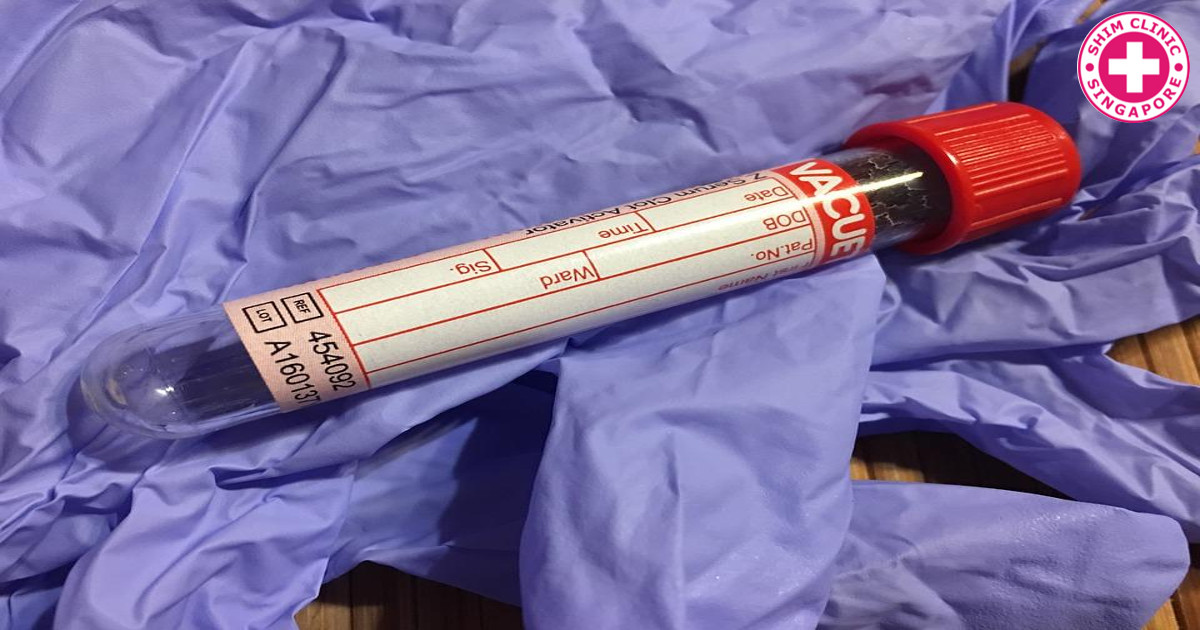Sexually transmitted diseases are health problems that few people ever want to have to deal with. Unfortunately, they do happen and it’s important to seek treatment for them as soon as possible. There are several STDs that can turn into serious health risks if left untreated. It’s very important to get tested regularly and to get tested often if you are sexually active. This is doubly important if you are sexually active without using a condom or direct types of protection. The most common way to spread sexually transmitted diseases is through sexual intercourse. This is often defined as penetration to the vaginal, anus or oral cavities. Any one of these can introduce bodily fluids into the mucous membrane of another person. This can cause an infection, and some of these are lifelong issues. Yes, there are several different STDs that can be treated with the simple dose of antibiotics.
This is why it’s so important to catch these early, and to take care of them as quickly as possible. Then, there are some that don’t go away regardless of how quickly you discover them.
These are STD’s that require lifelong commitment to keeping them under control. There have been many new breakthroughs in certain medications that can help to nearly eliminate these problems.
Unfortunately, there are still going to be breakouts and periods of time when these certain STDs flare up. This can be both incredibly embarrassing, and very painful. This is extremely unfortunate when it happens to someone out of a singular sexual experience. This can also limit their choice of Partners for the Rest of Their Lives. It becomes a moral obligation to let people know if you have a specific STD that won’t go away. Even if the STD is completely under control, it’s still a good idea to let your future or potential partner know that you have it. This gives them a heads up, and allows them to take whatever precautions are necessary to make sure that it doesn’t get spread.
If you happen to contract one of these STDs, then you need to look into long-term treatment options.
There are many different things that can be done to return the quality of life to almost normal once again. Speak with a trusted doctor who understands the ins and outs of this particular medical field.
They will have the most up-to-date resources available, and they can provide you with regular testing to see exactly where you’re at with your disease. They can also advise you on how to approach it with other people, and when you’re most contagious. These are just a few of those STDs that don’t ever go away:
HIV
This is one of the most serious STDs that isn’t curable. Once you have this virus, you’re stuck with it for the rest of your life. Eventually it will turn into full-blown AIDS if not treated correctly. There are no medications that can actually keep HIV at Bay for decades. This allows people to live relatively normal lives even if they’ve contracted it. It’s very important to discuss this disease with your partners, and to figure out your long-term treatment options with your doctor.
If you contract an active version of genital herpes, then you’re going to be dealing with blisters and sores in your genital area for the rest of your life. There are medications that are capable of keeping this particular disease at Bay. You may only see in frequent outbreaks based on your immune system, and other factors that can agitate the disease.
This is a particular strain of the human papillomavirus and is very easily transmitted with sexual contact. Genital warts don’t go away, and they frequently take anywhere from 30 to 90 days to appear.

